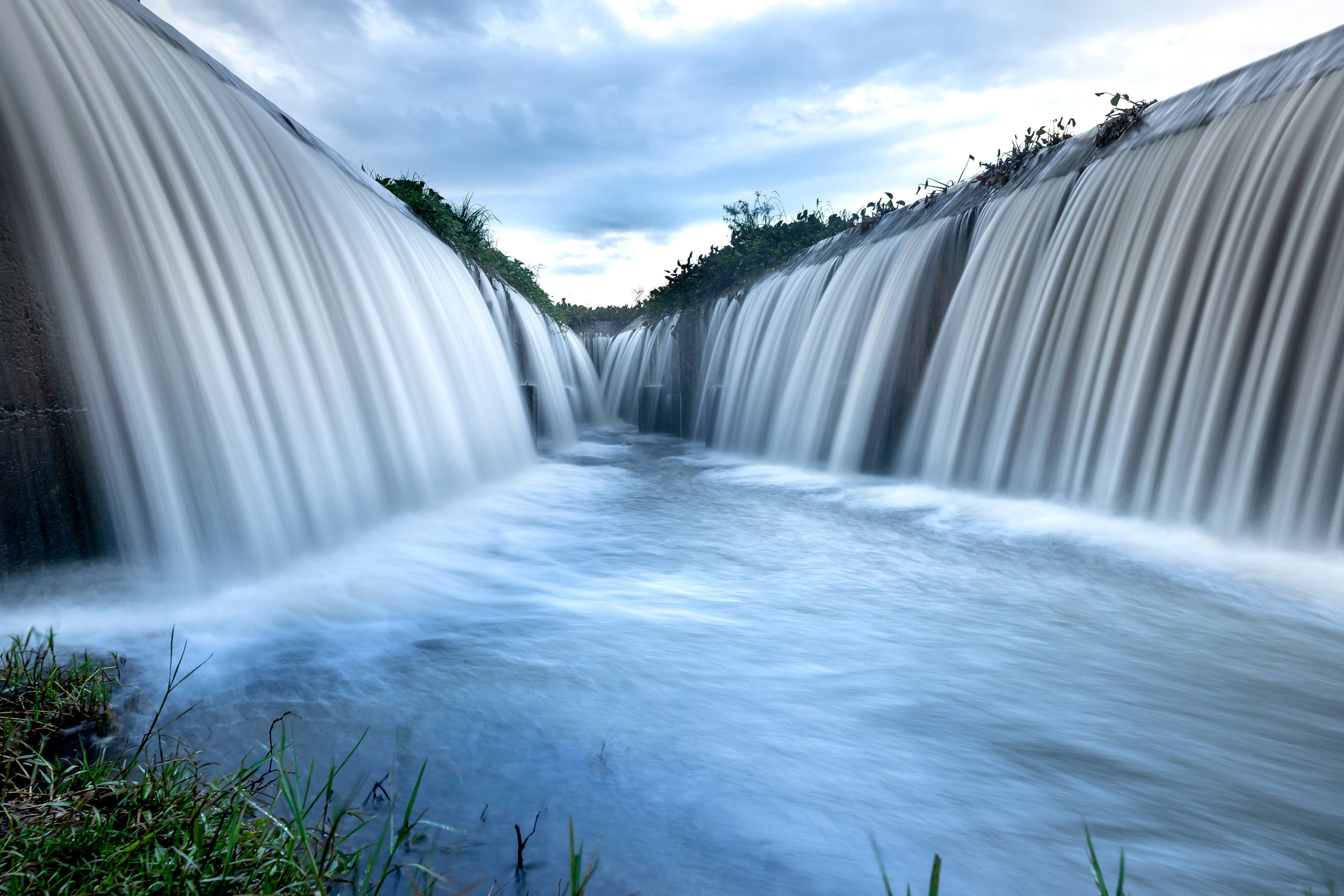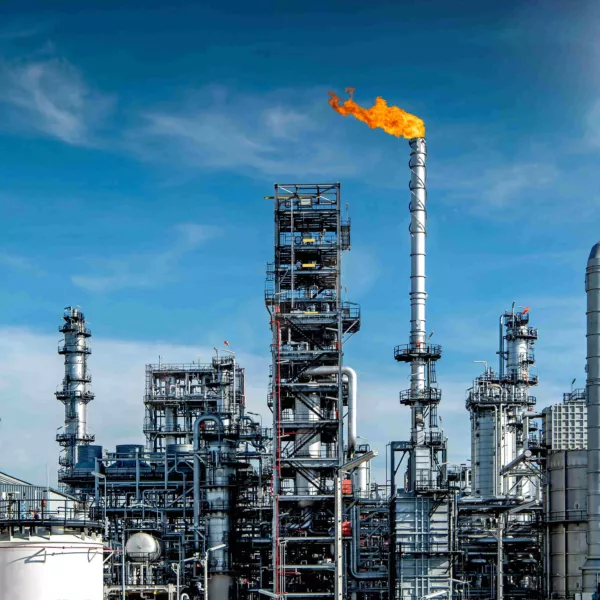Reducing COD levels in wastewater at a biofuel plant
Biofuel production is flourishing in Europe, thanks to increasing environmental awareness and EU incentives. However, the raw material usually contains contaminants which must be treated to avoid their release into the natural environment. DESOTEC supplies activated carbon filtration solutions to many European biofuel plants, treating pollutants at several stages of the production process.
The Problem
This plant in Spain processes local food waste and garbage, such as animal fats and vegetable oils, into biodiesel. Wastewater from the production process contains organics from these fats and oils.
Before discharge into the environment, COD levels in the water must be reduced to below 100 mg/L. The water is purified in a two-stage process: a physico-chemical treatment, followed by a biological treatment plant.
This process has been designed to handle a flow rate of 1 m³/h and an average COD concentration in the waste water stream of around 250-300 mg/L. However, COD concentrations are not steady: they can peak as high as 600 mg/L, rendering the treatment process unable to reduce levels satisfactorily.
The authorities therefore issued the company with a notice that it faced penalties if it could not meet the terms of its permit. The company takes its environmental obligations very seriously, and was eager to find a solution to improve, rather than replace, its existing system.
DESOTEC had contacted the company several years previously about a separate potential project. Early in 2020, the company contacted us to enquire whether activated carbon might be effective for their waste water treatment.


The Solution
We worked on the solution in three stages. Throughout the process, we enjoyed close collaboration with the client, who was committed to finding an effective solution.
The first stage involved testing waste water samples at our laboratory in Belgium to see which type of activated carbon was most suitable.
For the second stage, we supplied one MOBICON 2000 filter to verify the results in full scale, checking that it could handle the actual flow, and both average and peak COD concentrations. The client requested a second MOBICON 2000 filter to be placed in series, to ensure COD levels were as low as possible.
Finally, we made the decision with the client to replace the two filters with one larger MOBICON unit. This provides more intense treatment and requires less frequent exchange. It is likely to last a full year before saturation, and the exchange will not cause any disruption to operations at the plant.
In total, this testing and design process took just a few weeks.
The Results
The client is very satisfied with DESOTEC’s service. We responded promptly, investigated thoroughly, and provided a solution that worked.
It is now carrying out a pilot test using the smaller DESOTEC filters between the physico-chemical and biofiltration stages of the waste water treatment, to flatten the peaks and maintain COD concentrations at a steady level.
It is also considering trialling a filter during the production process, to remove impurities from glycerine. This is the issue for which we originally contacted the company several years ago.
DESOTEC always provides a comprehensive service to clients, carrying out lab and industrial tests to arrive at an effective solution.
Our mobile filters can be adapted to existing treatment systems. Therefore, clients do not need to make the major investment of replacing installations, but can simply reinforce them with DESOTEC units.
Clients do not handle the waste themselves, as recycling the spent carbon is part of our service. We transport the closed filter units safely to our site in Belgium, where we test samples to determine how to store and treat it. All molecules that were adsorbed onto the filters are desorbed in our reactivation furnaces, then destroyed in an incineration and neutralisation set-up in accordance with national and EU legislation. The entire installation and its emissions are under continuous online monitoring, which guarantees that only harmless water vapour exits the chimneys.
Contact DESOTEC today
This case highlights just one of our many projects around Europe. To discuss how we could help solve your contamination issue, please contact our expert team for advice.
Contact our expertsContact DESOTEC today
This case highlights just one of our many projects around Europe. To discuss how we could help solve your contamination issue, please contact our expert team for advice.
Contact our experts-
Air & gas purification
Our sustainable filtration solutions ensure air purification, odour control, and high quality process gases such as biogas and biomethane. -
Chemical industry
Circular solutions to purify chemicals, air emissions and wastewater, protecting occupational health, the environment, and your business. -
Your sustainability journey
We care about protecting our air, water and soil for future generations, just like you. Our filtration solutions help you meet environmental standards, reducing your carbon footprint.


